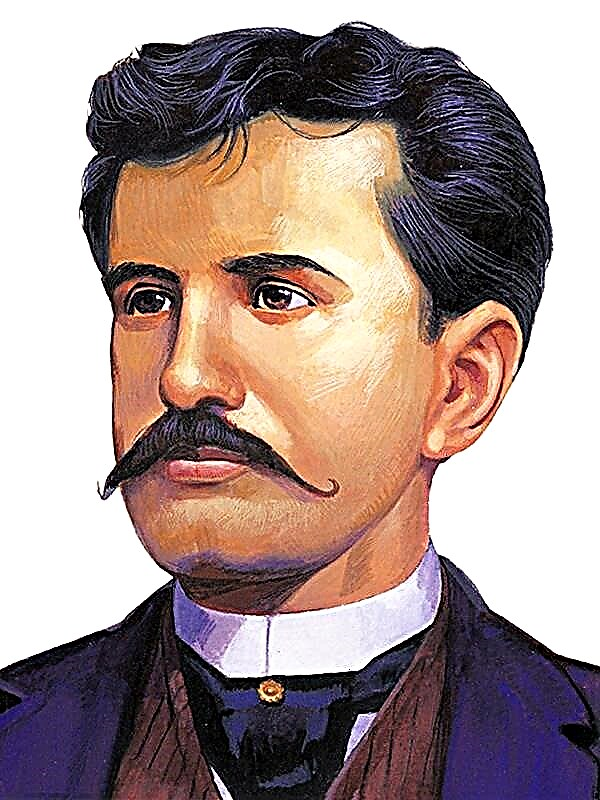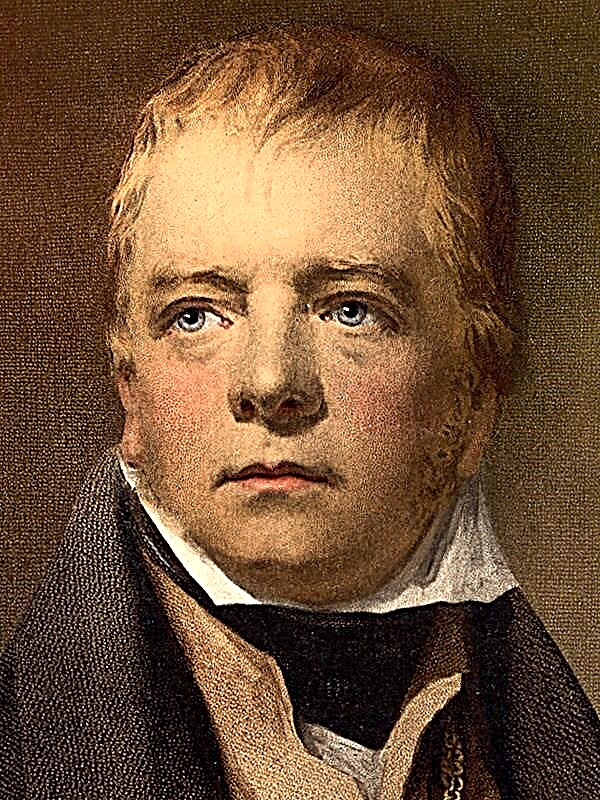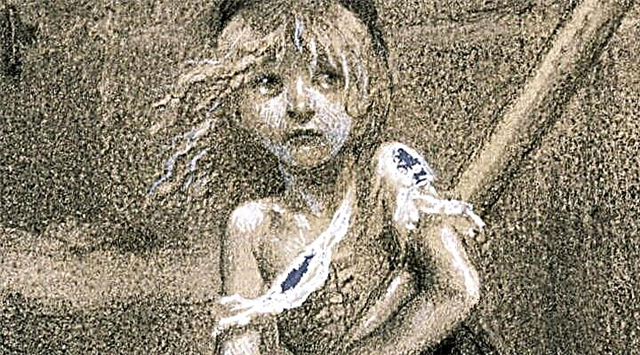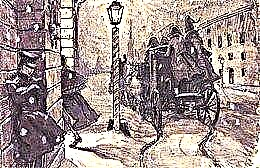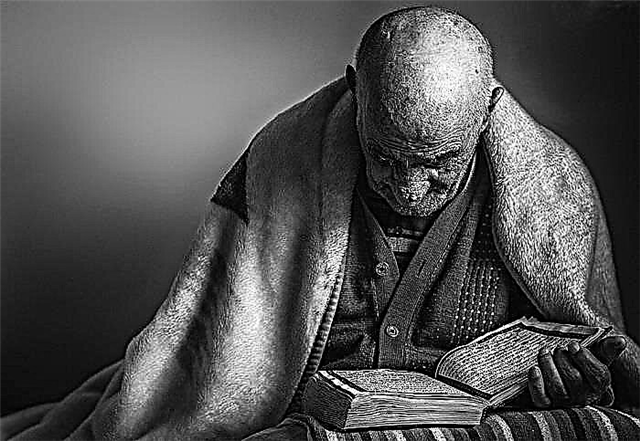The man of the Renaissance is the title of human greatness and at the same time the curse of oblivion. Leonardo da Vinci himself indicated the profession of “musician,” but his ancestors did not preserve his melodies. Something similar happens with all great people: admiring one talent, descendants, as a rule, miss other, no less talented, poor genius. The same story happened with one of our compatriots. He perfectly knew French, German, Italian, English, Greek, Latin, Arabic, Persian and Turkish, actively helped the Decembrists, was a member of the St. Petersburg Masonic lodge, played the piano, organ and flute, was the ambassador of the Russian Empire in Persia. And they know him exclusively as the author of the play "Woe from Wit." Yes, we are talking about Alexander Sergeyevich Griboedov - the Russian man of the Renaissance.
Birth, childhood and youth
Born on January 15, 1795, the son of a nobleman received a good home education, which became a strong base for the further development of the playwright, composer and diplomat. The most important thing - the credo of life - the well-meaning father gave him.
At the age of 8, Griboedov was sent to Moscow boarding school, and after three years he goes to Moscow University. He manages to finish his studies at the Faculty of Literature and Law, and he was not destined to complete the program of the third, physical and mathematical faculty: the war with Napoleon began.
Raised in a noble tradition, Griboedov immediately enters the hussar regiment with the rank of cornet. However, fortunately or disastrously, by the time the regiment was sent to the front, the war with the French was already over, and young Alexander and his fellow soldiers were transferred to the outback of Belarus. Young people’s amusements and customs quickly got bored with the nobleman, and Griboedov will recall these years rather regretfully, although the characters of many hussar friends will be clearly deduced in the famous “Woe from Wit”.
History of success
In 1815, the playwright returned to St. Petersburg, acquired useful contacts, burst into the intellectual elite of the northern capital, entered the service of the College of Foreign Affairs. The dramatic denouement for a duel typical of noble circles, where Griboedov was present as a second, was the reason for sending the young diplomat to Persia - a kind of political exile.
The brilliant mind, the talents of Alexander Sergeyevich, the multiple acquaintances and the heroic salvation of Russian prisoners made Griboedov a real hero of our time. Appreciating his merits, General Ermolov requested the transfer of a diplomat to Tiflis.
Creative way
The year 1824 is marked by the return to St. Petersburg: at that time the playwright finished the comedy of his whole life and hoped to present it. In many respects, the publications were promoted by the Decembrists, who considered the play a peculiar manifesto of the movement: the combination of literary innovations with classical canons, the comedy of new characters really became a breakthrough word of the time.
A year later, on the way to the Caucasus, this help almost played a cruel joke with Griboedov. Alexander Sergeyevich was arrested on suspicion of preparing a Decembrist uprising, which the writer naturally denied, and therefore escaped punishment. Griboedov is allowed to continue on his way to his destination.
Here his service was as brilliant as the completed diplomatic mission in Persia.
Tragic death
Griboedov really received the promotion and the status of ambassador, but he was nevertheless returned to Tehran: only such a talented diplomat could deal with the most difficult political agreements.
Griboedov’s new appointment became a fateful epilogue in his fate: enraged Muslim fanatics attacked the Russian diplomatic mission on the road from Tauris to Tehran, where he was preparing for the upcoming wedding with Nina Chavchavadze. There are many versions of the reasons for what happened, whether it was Griboedov’s disrespectful attitude to the traditions of Persia and the ceremony of marrying an Armenian, or the British conspiracy, performed by the hands of the Persians, the result is one: the most talented Russian playwright and selfless diplomat died in a foreign land, not having time to reunite with his beloved woman but leaving the descendants as a keepsake the immortal "Woe from Wit."

